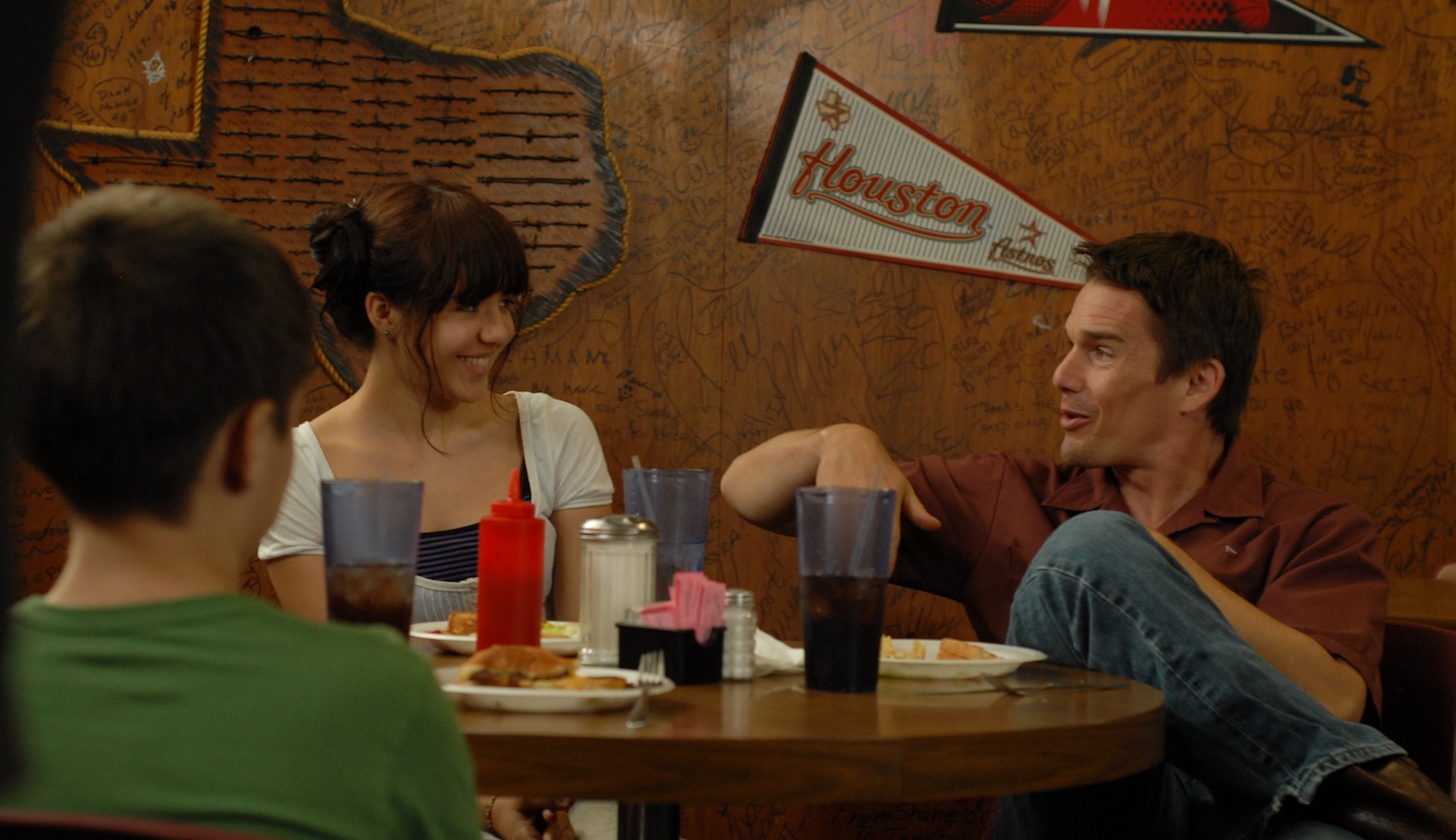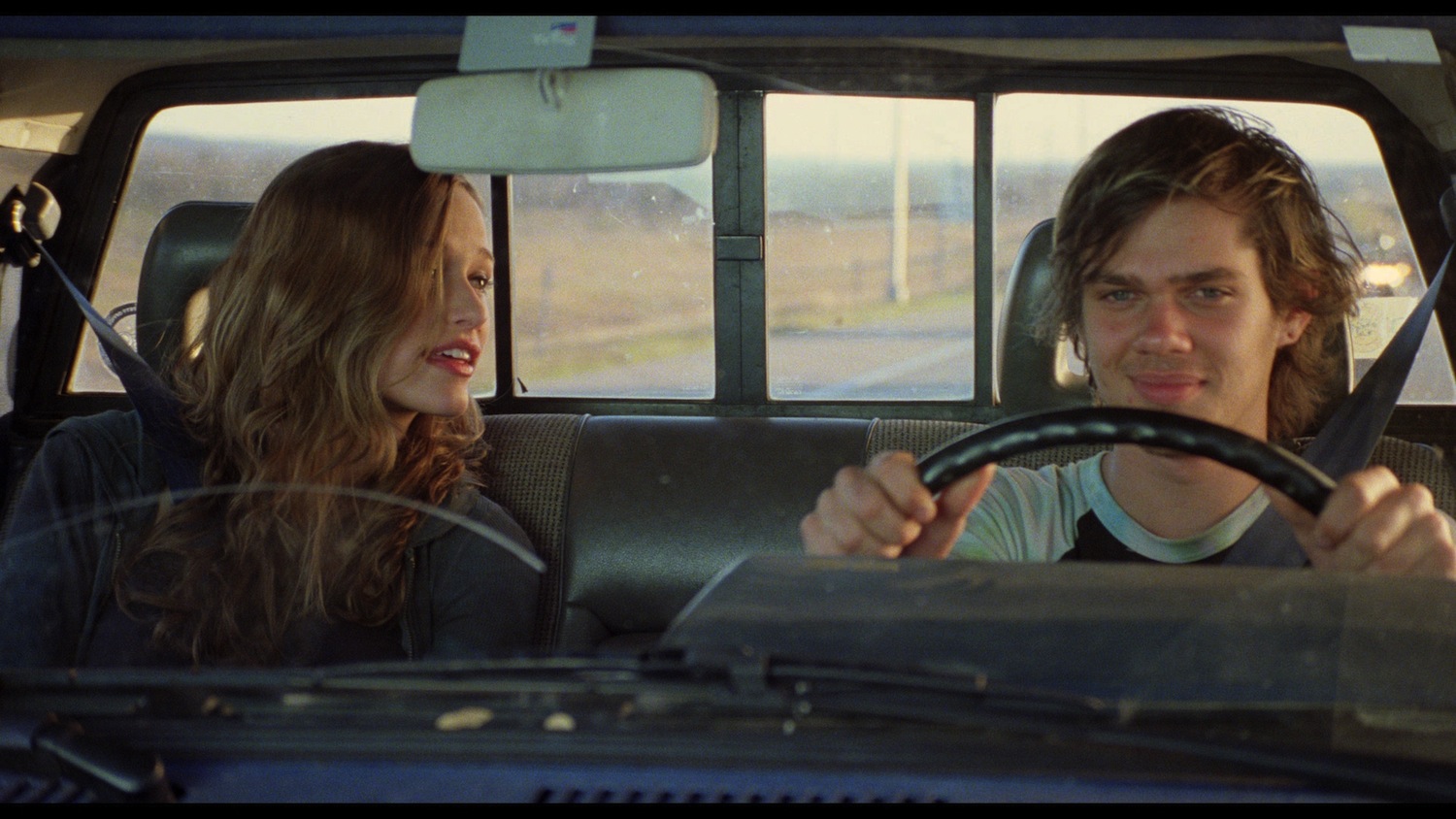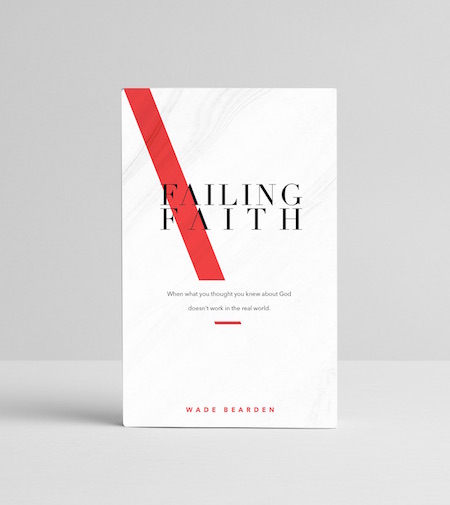
Boyhood – IFC Films
When I was seventeen, my dad took me to a Houston Astros game. Roger Clemens was making his first start for the team. The bright lights lit up the field as the sun dipped under the skyline. I remember the event being sold-out. I remember eating a hot dog.
Richard Linklater’s film Boyhood features a similar moment. A father sits beside his daughter and son at a Houston Astros game. Clemens is winding up on the mound in his white, pinstripe jersey. The large stadium lights splash a fluorescent tint across the field. The son, Mason, eats a hot dog.
I teared up during this scene. Not because it was particularly fascinating, but because it wasn’t. It was tangible and real. I was back at the ballpark with ketchup smeared on the side of my cheek. I was reminded of how life’s little moments are sometimes the most precious.
Boyhood is about how normal, everyday memories shape who we are. The mundane, pieced together with even more of the mundane, create a fabric of time that weaves together our personalities, experiences, and self-identity. Life, or even growing up for that matter, isn’t often so much about the big, as it is about the many—both good and bad. Boyhood reminded me how precious each moment is. How precious each second has the potential to be.
Personally, I’ve never seen anything like Boyhood. Filmed piece by piece over twelve years, the story follows a Texas boy, Mason (Ellar Coltrane), from childhood through adolescence. Boyhood isn’t a documentary, though it’s as nonfiction as fiction can get. In about three hours, the characters age over a decade—hair and weight coming and going. When we’re introduced to Mason, he’s an innocent six year-old. When we leave him, he’s a freshman in college.
Boyhood’s plot is loose and fluid. There are no huge twists or big reveals. Nothing outlandish or outside the lines. Over the years, Mason gains and loses friends, sees a revolving door of stepfathers, experiences both love and heartbreak, and struggles to define his relationship with his father (Ethan Hawke) and mother (Patricia Arquette). Mason’s story is, for lack of a better term, normal. More importantly, it’s relatable.
Life is hardly what we see at the movies. The CIA rarely calls me to neutralize a nuclear threat (notice I said, “rarely”). Superheroes don’t fly through our windows in capes and cowls. Growing up is, for most people anyway, ordinary. I can relate to this. I can relate to Mason opening a suit jacket and an engraved Bible for his birthday (is this my fifteenth birthday?). I see myself riding through downtown Houston as the skyscrapers dance above my head. I can feel Mason’s nuanced struggle with identity, occupation, and purpose in his road trip conversations. Yet, it’s more than nostalgia or familiarity. Through these moments, Boyhood somehow captures the essence of what it’s like to grow up.

Boyhood – IFC Films
The film wisely understands that it’s the tiny moments that form and shape us into who we are. As Mason later puts it, “It’s constant, the moments, it’s just—it’s like it’s always right now, you know?” Life is happening every second of everyday. We are left with the question: “What will we do with it?”
Boyhood made me want to be a better husband and father. As a Christian, it reminded me to sincerely, as Paul says, “do all to the glory of God.” Living a fulfilled, gospel-centered life is not defined by the size of the stage, but by what we do with each menial task we’re given. Building a grand life is living in the moment. Taking the opportunity every normal, average day presents us. It’s looking to make a difference in every well-placed word or phrase.
One scene from Boyhood takes place in a remote, Texas church with a gray-haired pastor lecturing on the story of Thomas. He quotes Jesus’ words from John 20:29: “Because you have seen me, you have believed; blessed are those who have not seen and yet have believed.” The preacher explains that though we can’t physically see God, as Christians, the Holy Spirit reveals himself personally to us. Part of me wonders if Linklater included this passage in his film for a specific reason. One, we can easily apply to the Christian journey.
In life, we might not always see the miracles of Jesus physically before us, but that doesn’t mean the Holy Spirit isn’t at work in our lives even during what seems like mundane day-to-day activities. Life might not always be “grand,” but maybe that’s what makes it special. Maybe, a grand life is simply the collective culmination of little moments that were used intentionally.
Maybe, a Houston Astros game isn’t just a Houston Astros game.
For a more formal review of Boyhood and its content, check out these great pieces:




